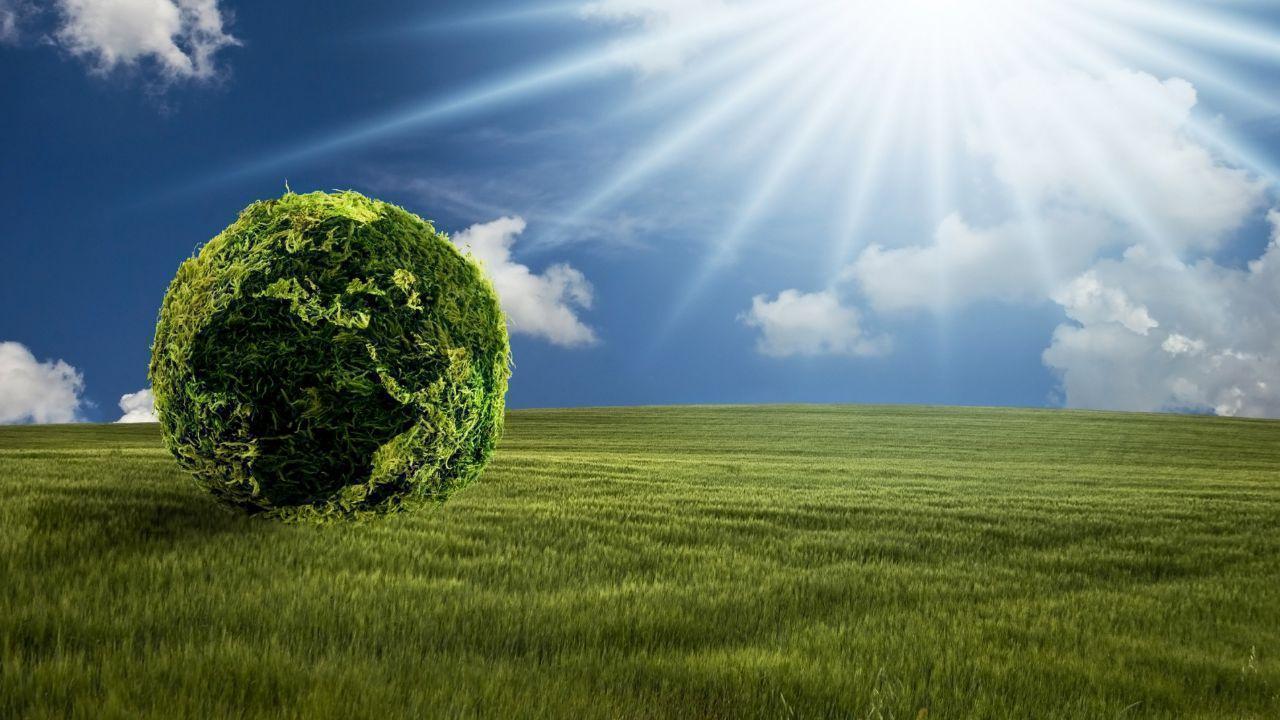
Post by : Vansh Kumar
In an era defined by climate change, resource depletion, and biodiversity loss, humanity faces an urgent call to action. The future of our planet depends on the decisions we make today. Guardians of the Earth are not mythical beings or fictional characters; they are everyday individuals, communities, and nations making conscious efforts to protect and restore the fragile balance of nature. By recognizing the weight of our actions, we can begin to see how our choices today shape tomorrow’s environment in ways that will impact generations to come.
As stewards of this planet, humans bear the immense responsibility of caring for the ecosystems that sustain life. The term Guardians of the Earth emphasizes the critical role every individual plays in environmental conservation. Each decision, from reducing plastic use to planting a tree, contributes to either the preservation or the degradation of the natural world. Unlike in past centuries, when human activity had limited global consequences, today’s industrialization, urbanization, and overconsumption have created ripple effects that threaten global stability.
The responsibility of guardianship requires an understanding that environmental issues are interconnected. For instance, deforestation not only destroys wildlife habitats but also contributes to climate change by increasing carbon emissions. Similarly, water pollution affects marine life, food systems, and human health simultaneously. By acting consciously, we can protect these systems instead of breaking them.
Every action we take has a direct or indirect consequence on the future. Opting for renewable energy, reducing reliance on fossil fuels, supporting sustainable agriculture, or choosing eco-friendly products might seem small, but collectively, they hold transformative power. The concept of how our choices today shape tomorrow’s environment rests on this interconnectedness.
For example, switching from single-use plastics to biodegradable alternatives reduces pollution in oceans and protects marine species. Similarly, conserving water not only ensures resources for the future but also lessens the energy required for water purification and distribution. Even food choices—like reducing meat consumption—help curb greenhouse gas emissions linked to industrial farming.
By embracing these conscious habits, people everywhere can become active protectors of Earth’s health. The environment we leave behind is not just an inheritance for future generations—it is the foundation of their survival.
Technology often carries the blame for environmental destruction, but it also holds immense potential for solutions. Renewable energy innovations such as solar, wind, and hydropower are reshaping the way we consume energy. Smart farming technologies help conserve water and reduce the need for harmful pesticides. Eco-friendly transportation, including electric vehicles and high-speed rail, cuts down carbon emissions significantly.
Digital platforms also amplify awareness by spreading knowledge about sustainable practices. Through apps and online communities, individuals are learning how to recycle properly, minimize waste, or adopt carbon-conscious lifestyles. The marriage of technology and sustainability is a powerful testament to the fact that Guardians of the Earth can leverage modern advancements to build a healthier future.
Individual choices matter, but collective action transforms societies. Communities worldwide are adopting initiatives that reflect the shared responsibility of environmental protection. From beach cleanups to city-wide recycling programs, grassroots movements demonstrate how local efforts create global impact. Schools introducing sustainability education, villages turning to solar energy, and cities implementing green public transportation all showcase the power of collective guardianship.
One shining example is how indigenous communities across the globe continue to preserve forests, water bodies, and biodiversity through traditional practices. Their sustainable ways of living highlight that solutions for the future often lie in the wisdom of the past. By supporting these practices, societies acknowledge the value of inclusivity in environmental conversations.
Education is the most powerful tool in shaping the environmental guardians of tomorrow. By teaching children about ecosystems, conservation, and climate responsibility, we prepare future leaders to value and protect Earth. Awareness campaigns also encourage adults to reconsider their lifestyles. Governments, non-profits, and organizations play a critical role by spreading knowledge and enabling access to sustainable alternatives.
When individuals are educated about the long-term consequences of their actions, they become empowered to make changes. Whether it’s a farmer learning about organic methods or a teenager advocating for climate policy, education bridges the gap between awareness and action.
The phrase how our choices today shape tomorrow’s environment is more than a slogan—it’s a truth we live with every day. The Earth we see tomorrow will reflect the choices we make today, whether they are decisions to protect forests, reduce waste, or conserve energy. Leaving a sustainable legacy requires mindfulness, commitment, and resilience in the face of challenges.
The good news is that the ripple effect of positive change grows stronger with every action. When one person decides to recycle, others around them notice. When one city invests in clean energy, it sets a precedent for others to follow. Collectively, these actions create a global movement that safeguards life on Earth.
The views and opinions expressed in this article, published by GCC news network, are intended for informational purposes only. While every effort has been made to ensure accuracy, readers are encouraged to verify facts independently. The content does not constitute professional advice and should not replace expert consultation on environmental or related issues.
#trending #latest #GuardiansOfTheEarth #SustainableFuture #EcoFriendlyLiving #GreenChoices #ProtectOurPlanet #ClimateActionNow #EnvironmentMatters #SustainableLifestyle #GoGreenSaveEarth #FutureInOurHands #GCCNews #GCCUpdates #GCCTech #GCCInnovation #ArabWorldNews #GCCTrends #DigitalGCC #GCCBusiness #GCCFuture #GCCTechnology #GCCInsights


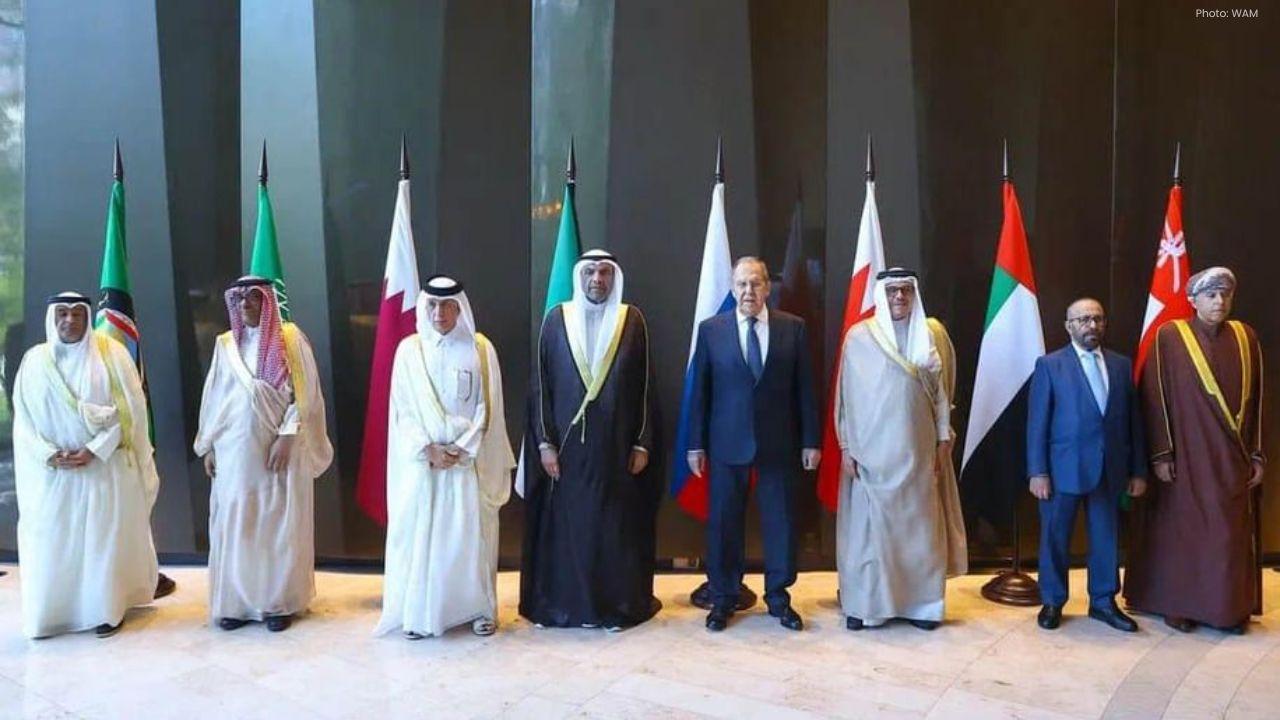
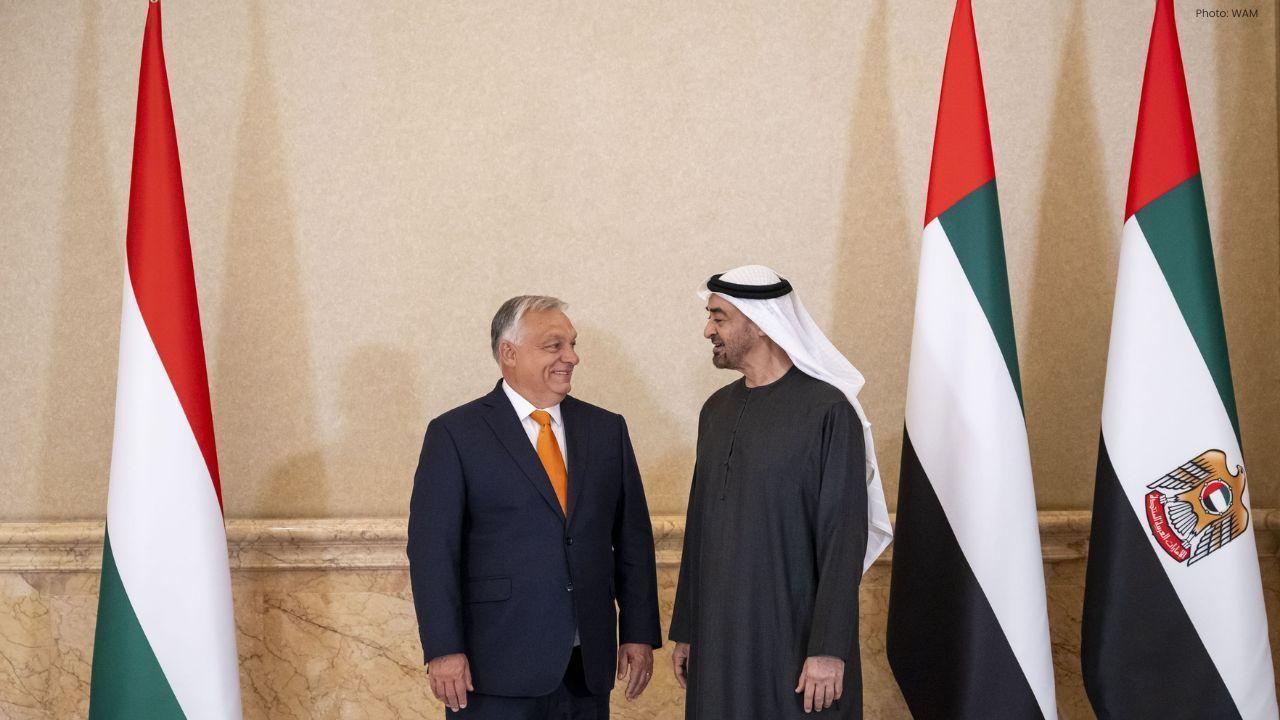
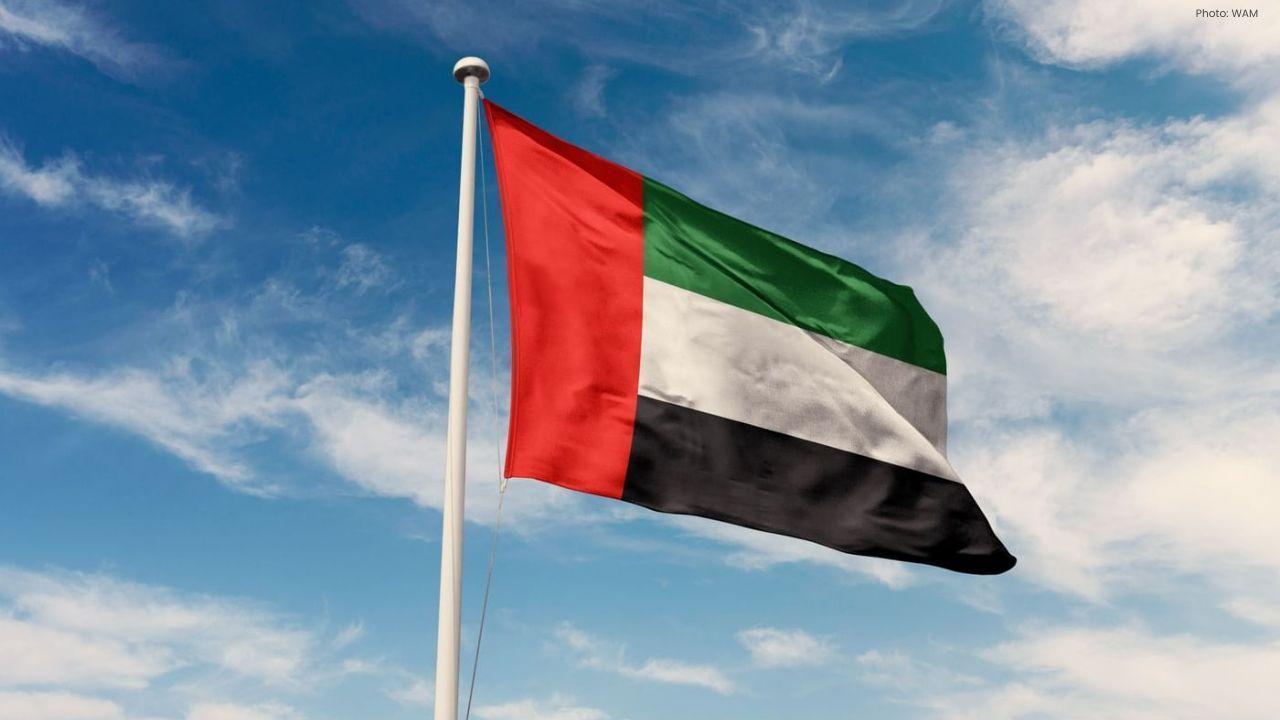
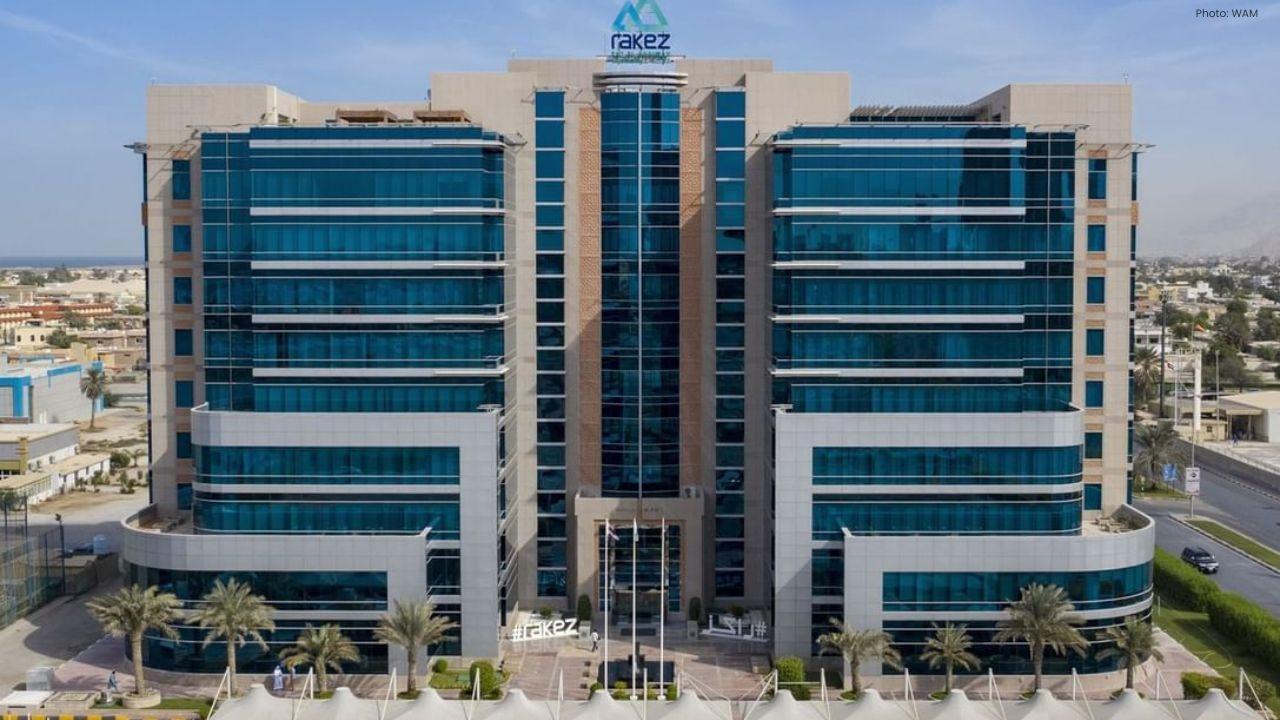
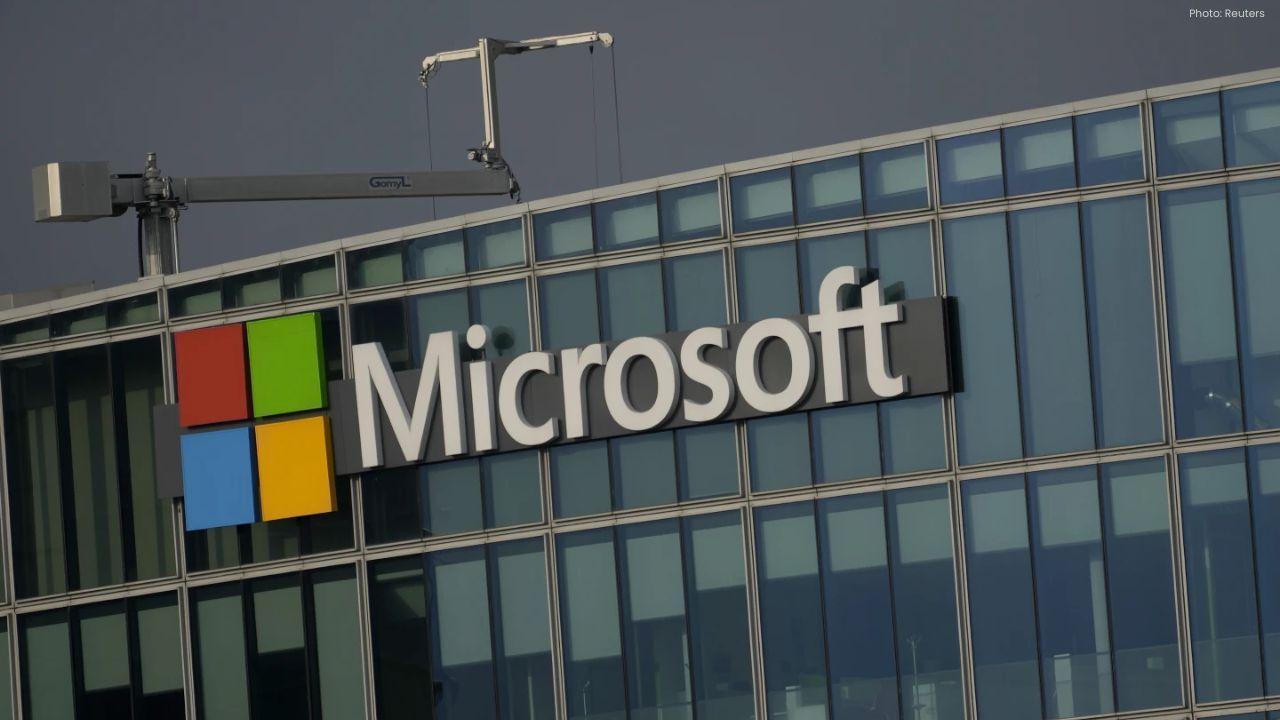

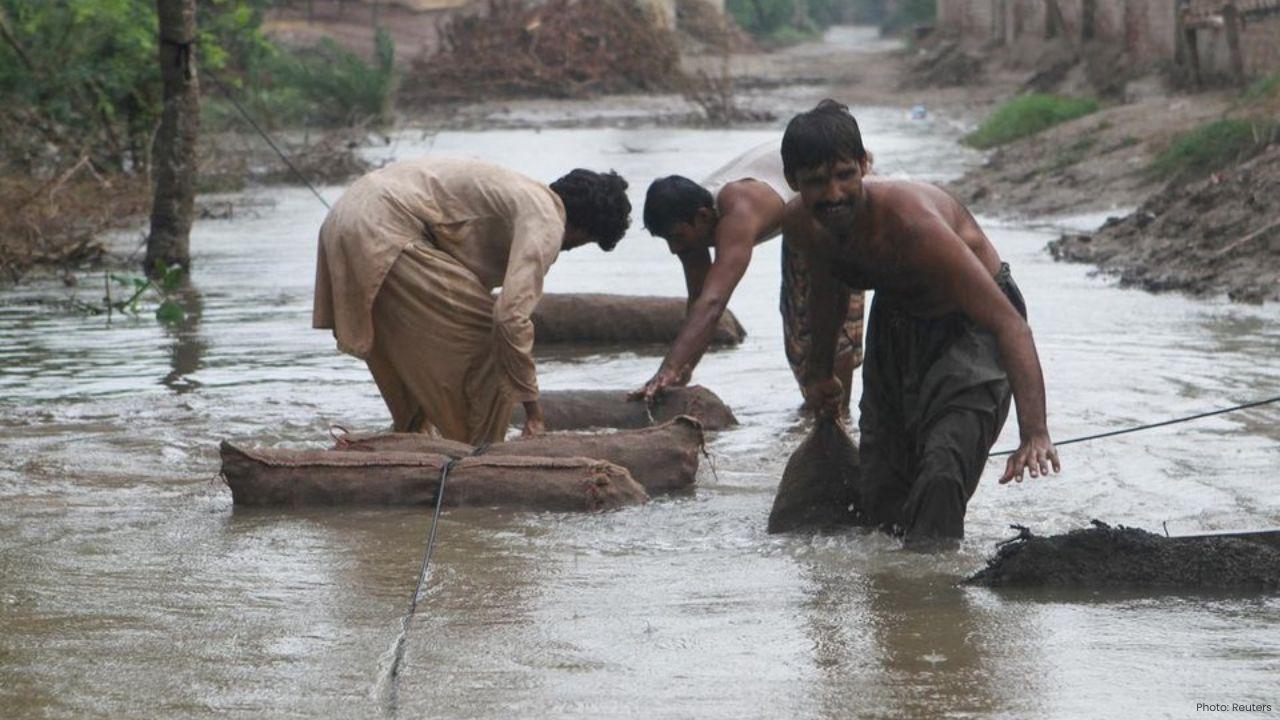

Three Injured After Ceiling Collapse At Liat Towers Singapore
Three people were injured after a ceiling collapsed at Liat Towers, Singapore. Eyewitnesses helped v

US Authorities Arrest Suspect In Charlie Kirk Shooting Case
US President Trump confirms suspect in Charlie Kirk shooting has been arrested after a minister turn

EU Regulators Approve Microsoft Teams Changes To End Antitrust Case
Microsoft Teams update, EU antitrust decision, Office software changes, competition rules compliance

Pakistan Prepares To Face Oman In Asia Cup Before India Clash
Pakistan prepares for Asia Cup opener against Oman, aiming for a strong start and building confidenc

Rescue Boat Capsizes in Pakistan Floods, 9 Dead in Multan
A rescue boat capsized during flood relief in Multan, Pakistan, killing nine. Floods affect millions

Bangladesh Beat Hong Kong In Asia Cup Opener With Litton’s 59
Bangladesh began their Asia Cup with a win against Hong Kong. Litton Das scored 59 and Hridoy added